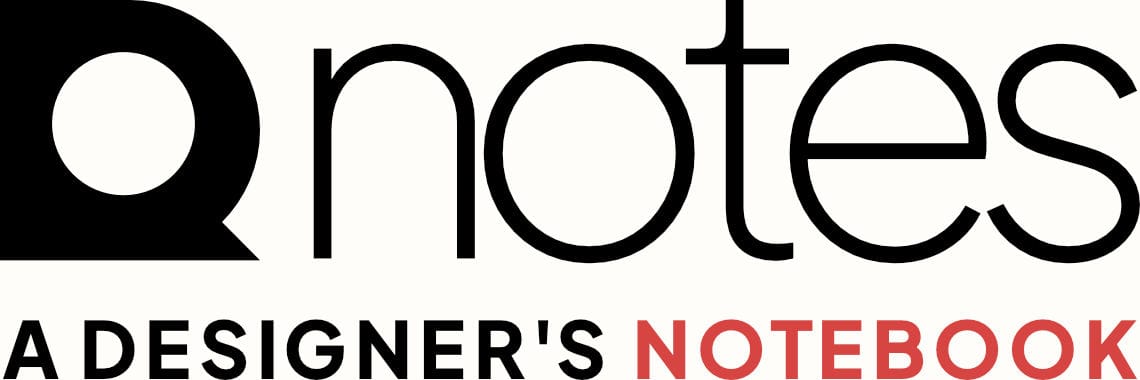Companies that master this, are being strategic with their money. Don't design from ego, if there's no data, it’s all assumptions.
Reducing cognitive load isn’t just UX—it’s money strategy. Smart design lowers confusion, improves conversion, and earns trust on autopilot.
Less Brain Pain = More Money.
Cognitive Load in Design
“Cognitive load in UX means how much brainpower a user needs to use your product. Less load = easier and faster to use.
Understanding this could be the difference between users buying or not buying.
People get confused, they leave you cart
People don't bounce to competitors
They use your website features, not ignore them
Complaints drop because things just make sense in your customer’s brain
And word spreads that your product "just works"
Follow These Rules
NO visual clutter and irrelevant elements.
Don't re-invent the wheel Use common patterns to reduce the learning curve.
Break Down Tasks: Divide complex tasks into smaller, manageable steps.
Clear Language and Layouts: Use concise language and well-organized layouts.

